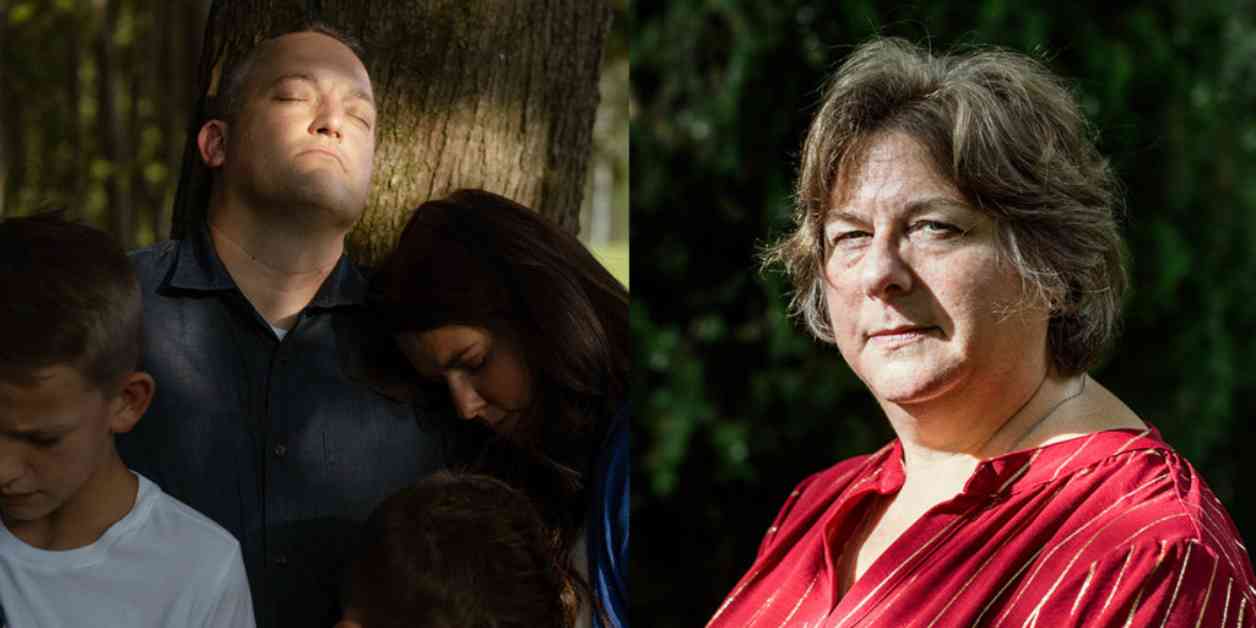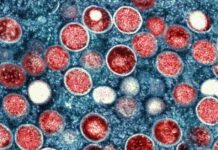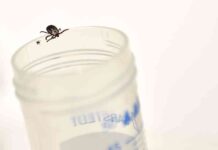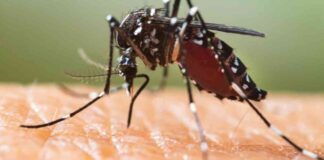**Families Grapple with Emotions After Loved Ones Undergo Pig Organ Transplants**
In a groundbreaking medical milestone, families are coming to terms with the loss of their loved ones who underwent pig organ transplants. The pioneering surgeries, which involved pig hearts and kidneys, offered a glimmer of hope for patients facing dire health conditions. However, the outcomes were not as successful as initially hoped, shedding light on the challenges and complexities of xenotransplantation.
**A Leap of Faith: The Decision to Proceed with Pig Organ Transplants**
For David Bennett Sr. and his family, the decision to pursue a pig heart transplant was a last resort. Suffering from severe congestive heart failure, Bennett Sr. knew that his time was running out. Traditional human heart transplants were not an option for him, leaving him with limited choices. Despite the risks involved, both Bennett Sr. and his son, David Bennett Jr., agreed to proceed with the experimental surgery in the hopes of extending his life.
The groundbreaking surgery made headlines around the world, marking the first time a living human had received a pig organ transplant. The initial results seemed promising, sparking optimism among family members and medical professionals alike. However, two months after the surgery, Bennett Sr.’s body rejected the pig heart, leading to his untimely death at the age of 57.
**Embracing Sacrifice: Families Reflect on the Impact of Pig Organ Transplants**
For the families of the patients who underwent pig organ transplants, the journey was fraught with a roller coaster of emotions. Ann Faucette, whose husband Lawrence Faucette was the second person to receive a pig heart, shared how her family grappled with the decision to proceed with the experimental surgery. Despite the ultimate loss of her husband, Faucette expressed admiration for his willingness to serve as a test subject for the advancement of medical research.
Similarly, Brittany Harvill recounted her mother Lisa Pisano’s experience with a pig kidney transplant. While the surgery initially showed positive results, complications arose that ultimately led to Pisano’s passing. Harvill reflected on her mother’s confidence in the decision to undergo the transplant, highlighting the bittersweet nature of the outcome.
**Challenges and Lessons Learned in Xenotransplantation**
The pioneering pig organ transplants unveiled both the potential and limitations of xenotransplantation. While the surgeries offered a glimmer of hope for patients in need of organ transplants, the outcomes underscored the complexities and challenges associated with the procedure. Dr. David Cooper, a physician investigator of transplant surgery, emphasized the importance of selecting ideal candidates for xenotransplants to improve the chances of success.
Dr. Bartley Griffith, clinical director of the cardiac xenotransplantation program, acknowledged the need for further research and data to enhance the efficacy of pig organ transplants. Despite the setbacks faced by the first four patients, medical professionals remain optimistic about the future of xenotransplantation and its potential to address the organ shortage crisis.
**Looking Ahead: The Future of Xenotransplantation**
As researchers continue to refine the techniques and protocols for pig organ transplants, the hope remains that future patients will benefit from this innovative approach. The families of the pioneering patients who underwent pig organ transplants have expressed gratitude for the opportunity to contribute to medical research and advancements in the field.
While the outcomes of the initial surgeries were not as successful as hoped, the lessons learned from these experiences will pave the way for improved procedures and outcomes in the future. As medical professionals work towards enhancing the viability and success rates of pig organ transplants, the potential for saving lives and addressing the organ shortage crisis remains a driving force in the field of xenotransplantation.
In conclusion, the families of the patients who underwent pig organ transplants have demonstrated resilience, courage, and a steadfast commitment to advancing medical research. Despite the challenges and heartbreak they have faced, their experiences have shed light on the complexities and possibilities of xenotransplantation. As the field continues to evolve and innovate, the hope remains that one day, pig organ transplants will offer a viable solution for patients in need of life-saving procedures.

















